

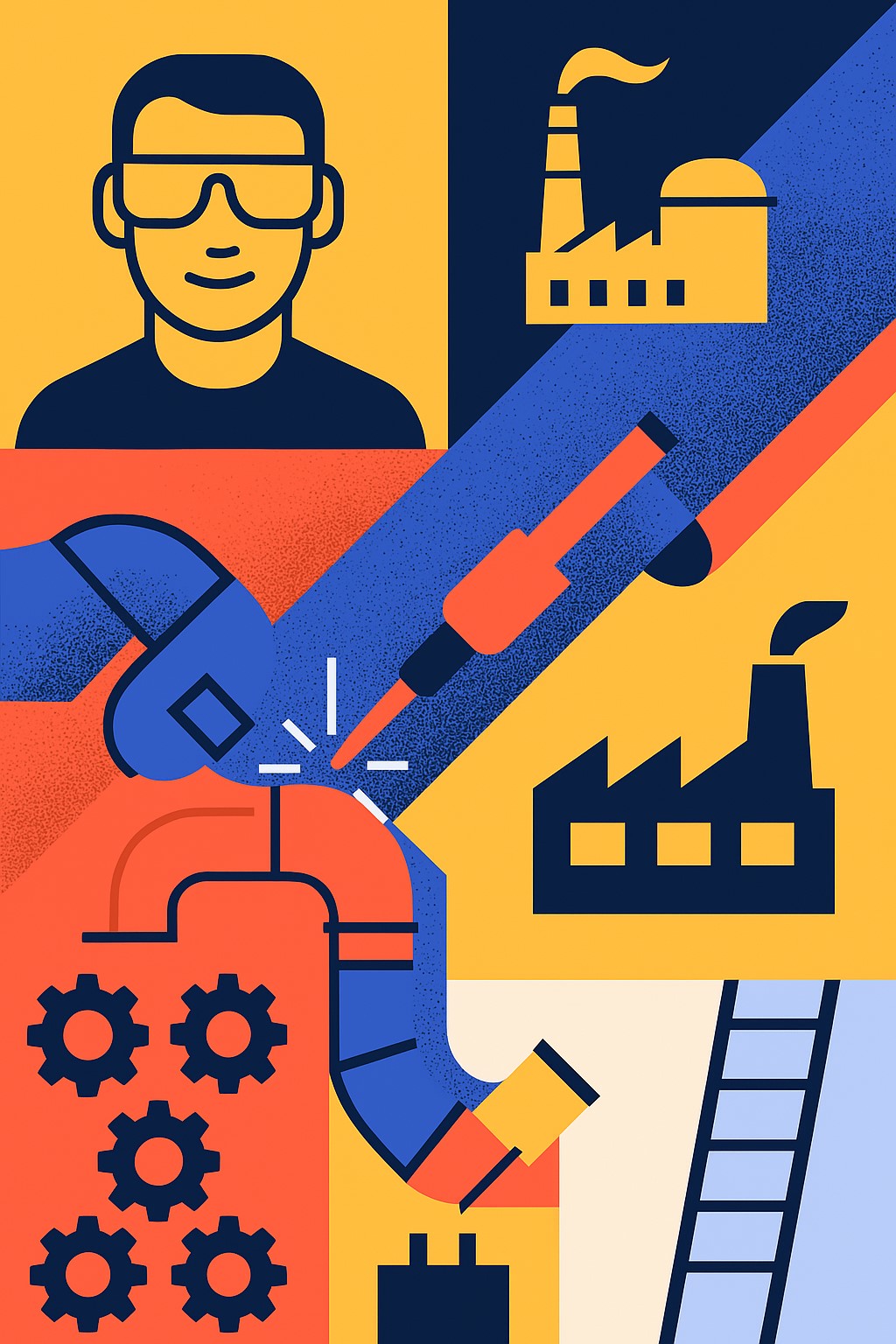
Documentation (WPS, WPQR, Welding Log, ITP)
Welding process control
Inspection and quality control
Preparation for EN 1090; 3834 certification
Consulting in welding production
Since July 2014, CE marking for structural steel has become mandatory for products sold in the EU construction market. According to the regulation, all companies that produce or supply structural steel for the EU must have a documented welding quality management system and must either use RWC or have access to it.
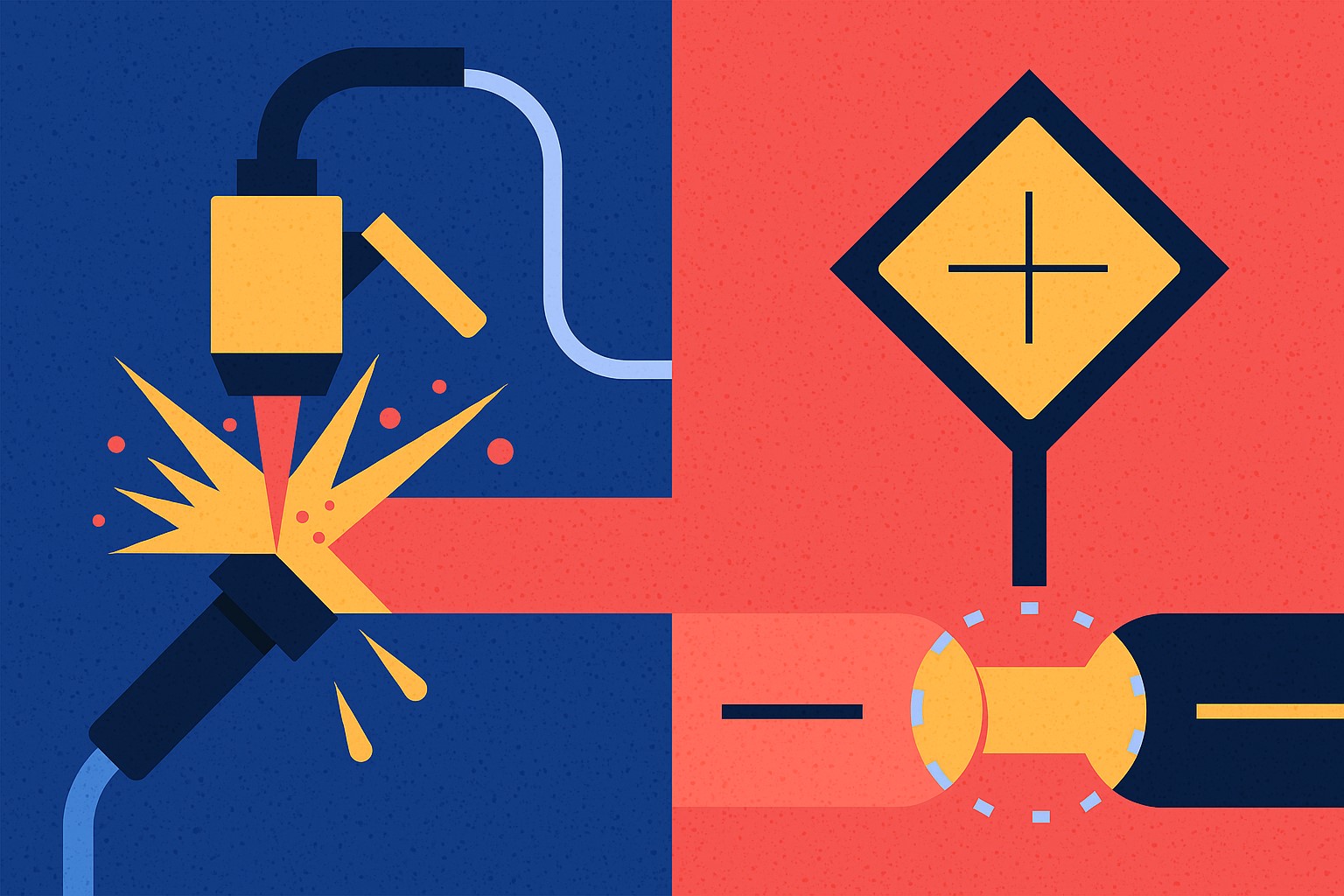
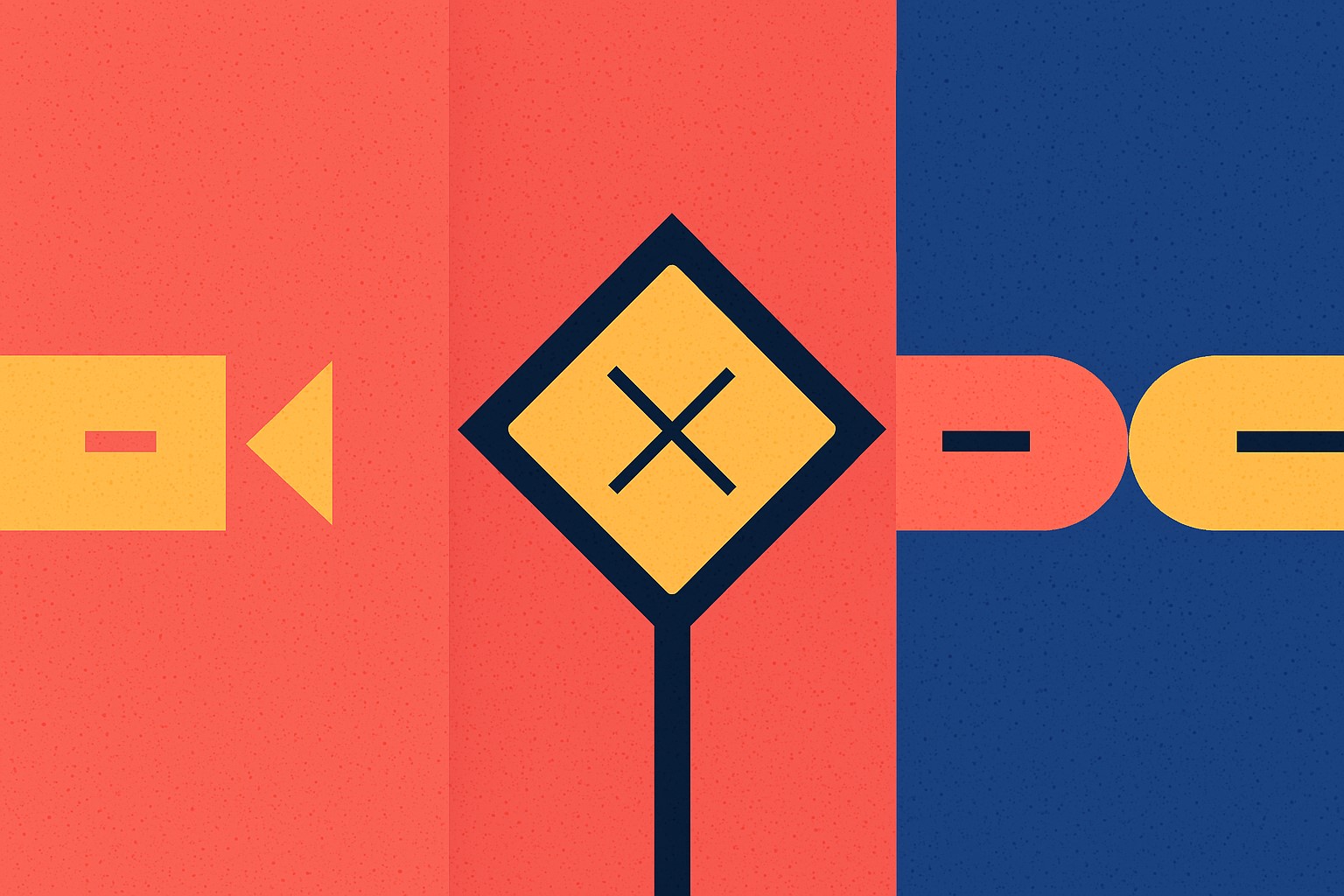
EXC 1 — Agricultural buildings
EXC 2 — Residential or commercial buildings
EXC 3 — Bridges
EXC 4 — Special structures (bridges with long spans, power plants, etc.)
However, many companies may not need to hire or have a permanent RWC, and could benefit from potential cost savings by hiring RWC services only when necessary. Decra OÜ can provide RWC services for the supervision and control of your welding works.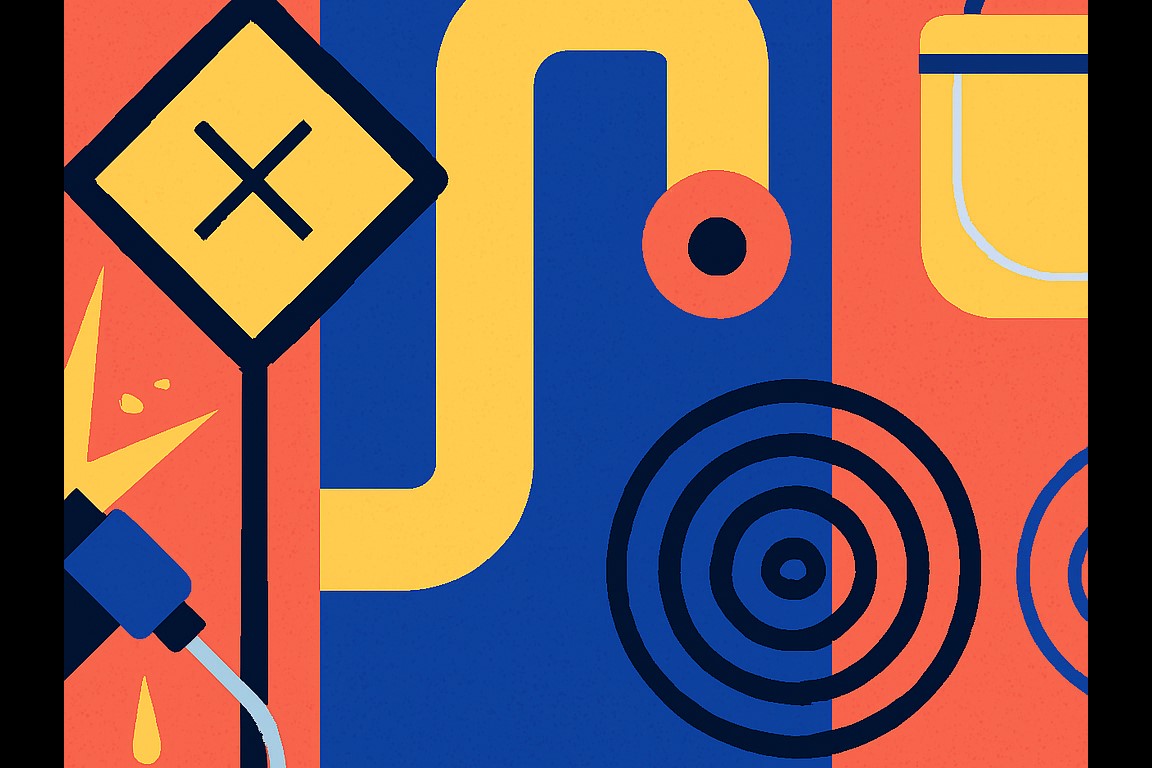
Initiating tenders and identifying burdensome contract requirements
Contract review
Visual inspection and non-destructive testing of welds
Ensuring personnel follow procedures and hold the necessary qualifications
Material inspection
With our RWC services, you can be sure that you meet the mandatory CE marking requirements for structural steel.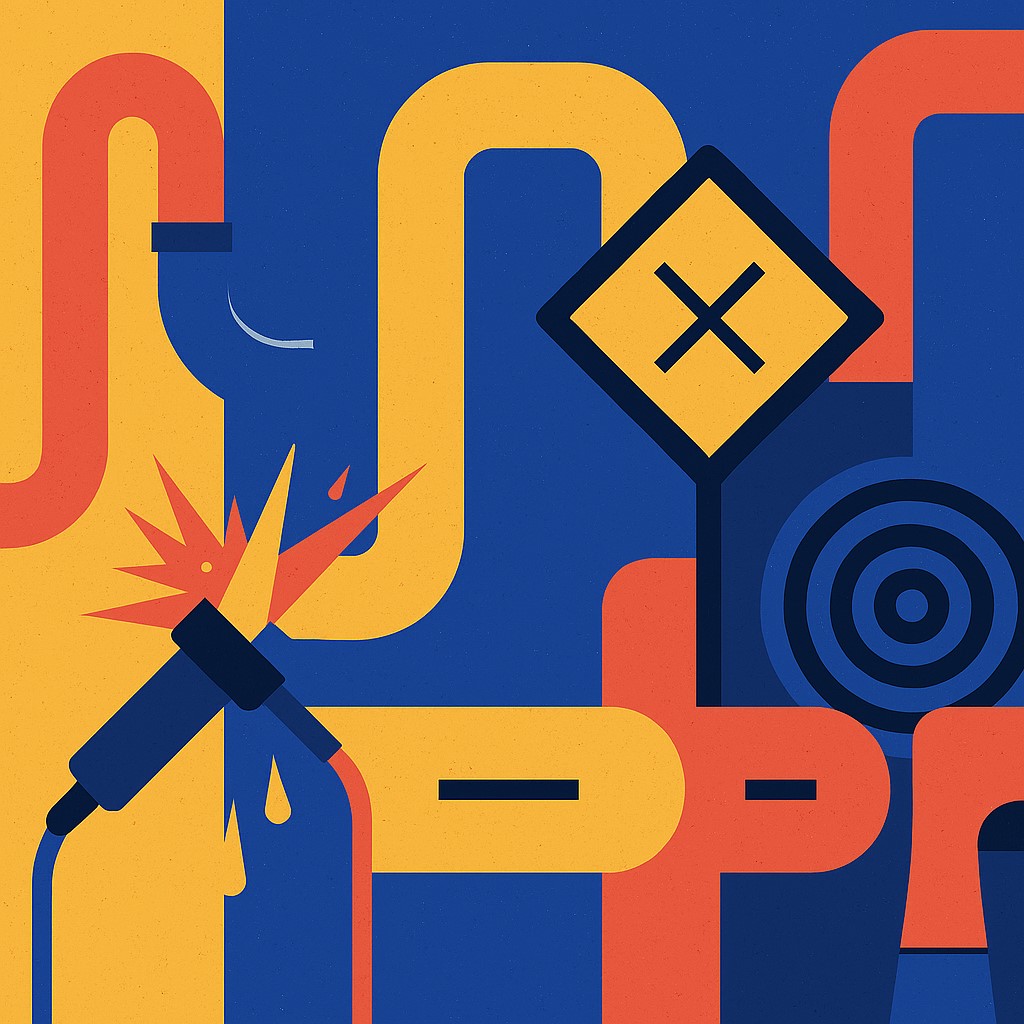
Welding coordination is essential primarily to ensure that all welding activities comply with the requirements of international standards EN 1090 and EN ISO 3834.
The role of the Responsible Welding Coordinator (RWC) is to supervise and control all welding processes on site, check documentation (WPS, WPQR, Welding Log), personnel qualifications, and materials.
Proper welding coordination minimizes the risks of manufacturing defects and non-conformities. The client gains confidence that the structure complies with the project documentation and safety requirements.
Another important task of the RWC is to prepare the company for certification, support in tenders and contract verification, and provide consulting on welding production management.